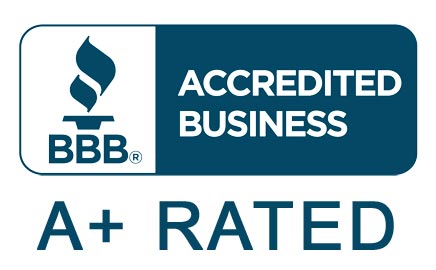With a rising cost in fuel all over the nation there are several ways to reduce your usage and save money in the long run.
Reduce Idle Time
Remember to turn your engine off if you are idling for over thirty seconds. Idling is one of the leading causes of fuel waste. Heavy vehicles can burn up to .8 gallons of fuel per hour while light-duty vehicles can burn up to .5 gallons. Some vehicles have even begun to automatically shut the engine off at stop lights, or when not in motion for a certain amount of time.
Improve Routing
Reducing the amount of time or the distance to arrive at your destination can reduce how much fuel you use. With changes in technology GPS and Map apps can update in real time to show you accidents as well as give you the fastest route possible. Consider mapping out your route before you leave the house or using a GPS.
Reduce Speeding
Try to limit how much you are accelerating and braking. By paying attention to traffic changes and anticipating changes you can increase your fuel economy by up to 20%. Aggressive driving can reduce fuel mileage on the highway by 33% and in cities 5%.
Lighten Your Load
If you are hauling around heavy objects in your vehicle your engine must work harder and will burn more gas. The less you have weighing down your vehicle, the better gas mileage it gets. Look at what you’ve got in your car and remove anything you don’t need. The neglected sports equipment in your trunk can go. An extra 100 pounds in your vehicle could reduce your MPG by about 1%. The reduction is based on the percentage of extra weight relative to the vehicle’s weight and affects smaller vehicles more than larger ones.
Take Care of Your Car
By changing the air filter in your car when necessary you can ensure that gasoline will burn more efficiently. Getting your car regularly serviced can also prevent issues in the future.
Get the Correct Oil
Using the wrong grade of motor oil can cost you 4 to 7 cents per gallon, according to the U.S. Department of Energy. Be sure to use your manufacturer’s recommended grade of oil, and look for motor oil designated as “energy conserving” or “energy saving.”
AutoGuide says synthetic motor oil (which may cost two or three times more than conventional motor oil) reduces friction better and improves your gas mileage.
Tire Pressure
It is important to check your tire pressure and make sure it is properly inflated. According to the United States Department of Energy for every 1-PSI drop in pressure effective gas mileage can drop by up to 0.4%.





